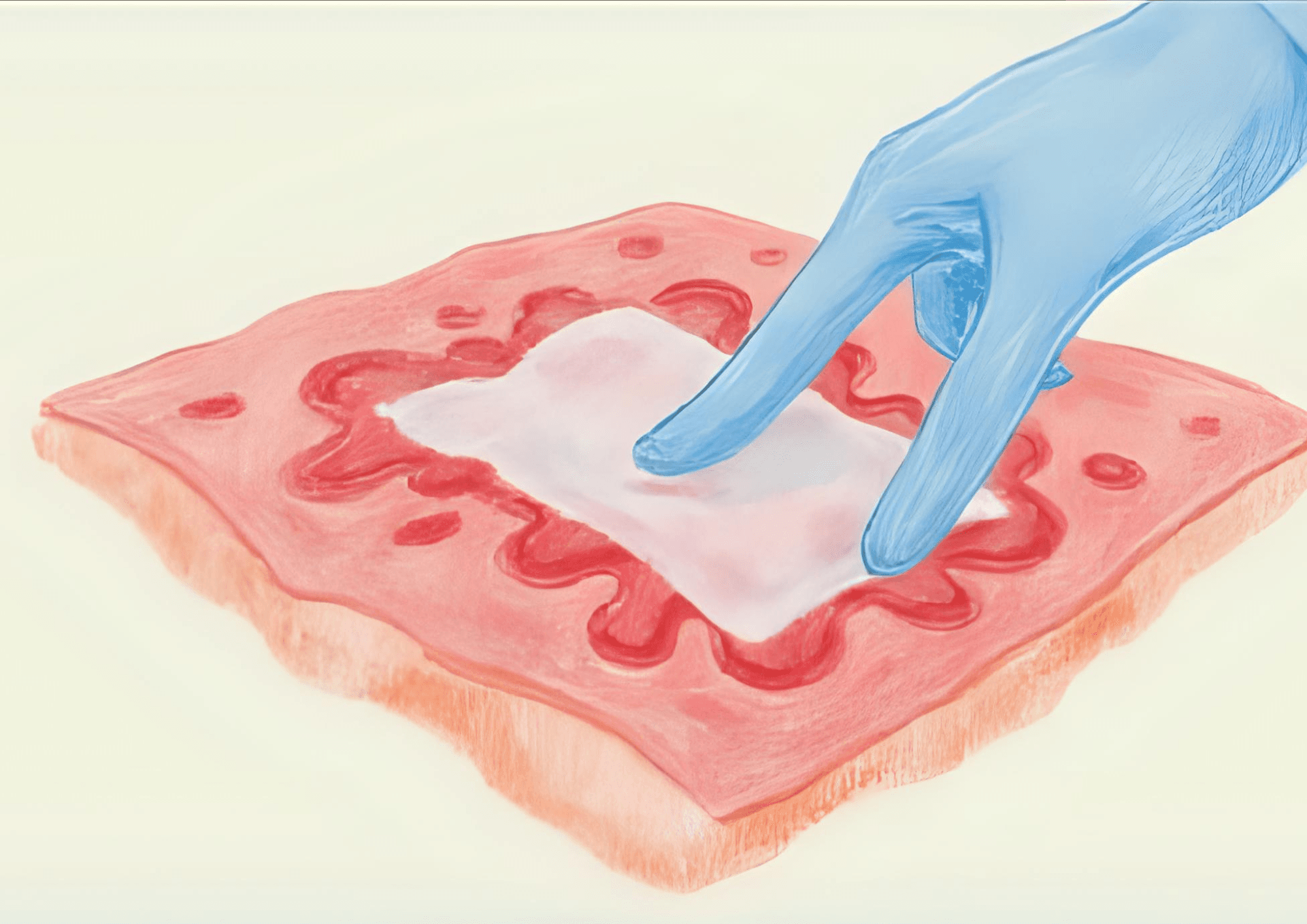30 Jun 2025
9 MIN READ
Rock salt and Regular salt: What’s the difference?
Do we think while using salt in our foods, what brings it to us? Several types of salts are available in the market. Each has a specific purpose and benefit.
Salt became an essential part of our cooking around 6000 BC, originating from China. It had preservation properties. Thus, people preserved foods like meat or fish during times of scarcity.
Regular salt comes from evaporated seawater. It is processed to bring that white color.
Rock salt is a natural mineral. It has low sodium but high mineral content. Thus, it is a healthier alternative for fitness enthusiasts.
Rock salt is extracted from salt deposits in mountains, and it is less salty. On the other hand, cooking salt is processed with iodine and other compounds. It is overly salty.
Regular salt is a part of every household, but 46% of households use rock salt in different ways.
Regular salt
Regular salt makes our food tasty; without it, the food seems bland.
-
Regular salt has high sodium and chlorine in equal percentages.
-
It is white.
-
It has substitutes like sea salt or kosher salt.
Some facts about regular salt include:
-
Also called table salt
-
Mined from the Earth’s underground deposits
-
Evaporation of sea water
-
Treated to clear combined minerals and impurities
-
Iodine addition while processing
-
Granulated
Uses
-
Cooking
-
Preserving pickles
-
Baking
-
Sprinkled on salads
How does regular salt keep you fit?
It has numerous benefits. The sodium content is 40% by weight.
The sodium helps in
-
Nerve impulse connection
-
Flexibility of muscles
-
Water and mineral balance
-
Nutrient absorption
-
Maintaining Blood pressure
Excess salt intake causes high blood pressure, leading to heart disorders.
Iodine treatment during processing helps fight thyroid-related problems like Goiter.
The American government has advised taking 2,300 mg of sodium daily for each person in society.
Rock salt
Rock salt is also called Halite, a Greek term for salt.
Halite is available where evaporation is higher than precipitation.
It has a similar composition to regular salt, but it is natural.
Rock salt has various colors depending on the impurities present. Like:
-
Blue
-
Purple
-
Pink
-
Orange
-
Red
-
Gray
-
Yellow
Some facts about rock salt are:
-
Symmetrical crystals
-
Found in sedimentary rocks
-
Extracted from enclosed lakes or seas
-
Colorless
-
Unrefined
Every year, US families and factories use 20 to 30 million metric tons of rock salt.
Uses
-
De-icing roads in winter
-
Production of caustic soda
-
Improve soil quality
-
Weed control
-
Water treatment
-
A lesser percentage in cooking
Benefits of rock salt
Rock salt with a lower sodium percentage can aid our basic functions, like:
-
Normalizing blood pressure
-
Digestion
-
Muscle cramps
-
Treating sore throats
-
Improving skin health
-
Maintaining electrolyte balance
-
Relaxation from respiratory disorders
How does rock salt mobilize your muscles and joints?
Rock salt has magnesium and potassium.
Potassium balances the electrolytes in your body to prevent muscle cramps.
Magnesium regulates blood circulation. Thus, the chances of arthritis are reduced.
However, it has less iodine content. Hence, it may cause iodine deficiency.
Excessive intake may cause high blood pressure or fatigue.
Differences
[table]
Fun Fact:
In the ancient world, salt was a necessary element of living. It was termed as “White Golden Dust”. SALARY came from the Latin word SALARIUM. It means payment in salt.
Where are rock salt reserves in the USA?
Several regions in the USA have deposits of rock salt. The regions are:
-
Ohio
-
Kansas
-
Texas
-
Michigan
-
Virginia
-
Pennsylvania
-
California
-
Arizona
-
Mexico
-
Oklahoma
In 2023, the US produced around 59 million metric tons of rock salt from the scattered deposits of salt.
Which people can use rock salt?
Rock salt is a safe alternative to table salt.
-
It is good for people with high blood pressure.
-
Athletes may use it for hydration during sports.
-
They can use it in warm water to restore electrolyte balance after physical exercise.
-
They can dissolve rock salt in warm water to refresh themselves.
-
People suffering from arthritis may use a warm compress.
-
They may dip their joints in warm water with rock salt. It helps to relax the muscles and widen the blood vessels.
-
Those facing night leg cramps can use rock salt to balance their electrolytes and relax their muscles.
How to use rock salt for muscle cramps?
With age or physical activities, your tendons may tear.
So, you may use rock salt to ease your muscle cramps. Some of the ways are:
Salt water bath
You have to fill your bathtub with warm water. Dissolve ¼ cup of rock salt in it. Immerse yourself in the salted water. Finally, wash the salted water from your body.
Salt Pillow
Fill a pillow with rock salt and tie its ends. Heat the pillow in a pan or the oven for a hot compress. Otherwise, keep it in the refrigerator for a cold compress. Apply it to the painful joints or muscles to feel quick relief.
Salt scrub
Add rock salt and a spoonful of coconut oil to create a salt scrub. Apply the scrub to the inflamed muscles or joints. Use clockwise and anticlockwise motions to scrub, then wash it.
You may add almond oil or olive oil and a few drops of essential oils, too.
Sole method
Follow these steps to relieve your muscle pain.
-
Stretch
-
Massage
-
Stand
-
Walk
-
Apply a rock salt hot compress
-
Apply a cold compress
-
Lift your leg
These four methods using rock salt may relax your muscles and relieve you from frequent joint pains.
Ease your moves using salt
Salt nourishes your taste buds and clears your throat. It maintains your mineral balance and eases your agile moves. It keeps our cells functioning well, but too much of it is not good. So, maintain a symmetry in your salt intake, and tell us which salt you are going to choose?



